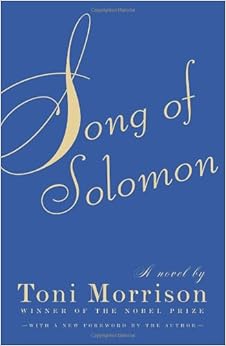Readers are easy to shop for because they’re always happy to get a book. But what if you want to validate their love of literature without adding to the addiction? Here’s a list of some unique classic gifts that might appeal to us WEMers. Feel free print it out and leave it in a conspicuous spot for the shoppers in your life. Or not.
(If all went well, clicking on the picture should open a new window to the site where the item is available.)
Don Quixote

The question I want answered is do these earrings belong the beautiful Dulcinea of Don Quixote’s dreams, or the brawny girl of Sancho’s acquaintance? Decide before wearing.
Pilgrim’s Progress

Because a Bunyan vest is better than Bunyan Shoes.
Gulliver’s Travels
The site says that the pages are still readable. Never mind. Do not buy this for me.
Pride and Prejudice
This is obviously a doll version of Darcy from the beginning of the novel. You know, when he was really crochety, um I mean crotchety.
Oliver Twist
You could make up a batch of homemade gruel mix, put it in a mason jar, and add a festive bow, or you could give a Dickinsonian this lovely print of a giant gruel pot.
Jane Eyre

These hues of the moors are named “To the Stars,” “A Strange and Unearthly Thing,” and “Independent Will!” (Exclamation point the artists, not mine.) Aside from the fact that I can’t imagine Jane Eyre for a moment considering her own appearance long enough to put on a coat of nail polish, they are kind of pretty, in a moody, murky way, of course.
Scarlet Letter

These days bearing a shirt with a scarlet A on it doesn’t denote you as an adulteress, although I think that meaning might be preferable. So instead of clothing, the Scarlet Letter lover might appreciate this ignominious bracelet.
Moby Dick
The Herman Melville gift options seem endless, from “Call me Ishmael, maybe?” t-shirts to Captain Ahab Baby Swaddlers but this print is the item that really made my jaw drop. It’s as striking and surprising as the novel itself.
Uncle Tom’s Cabin
Personally, I would much rather have a piece of Aunt Chloe’s pie.
Madame Bovary

What could be more fitting for Emma than a vanity mirror?
Crime and Punishment

There are hollow book safes available for nearly all of these classics, but this one for C&P has a certain, well, charm? Although it doesn’t seem big enough to hide an axe.
Anna Karenina

If you can’t buy the gift you can always buy the pattern and knit it yourself this “adorable” and “cute” Anna Tea Cozy. Also, shouldn’t it really be a samovar cozy?
The Return of the Native

And when in doubt, sending flowers is always a good idea. Especially heather from the heath. It’s much more beautiful than a furze faggot, and easier to carry.
Happy shopping and a Merry Christmas! Oh, and don’t blame me if you get any of these things.

















